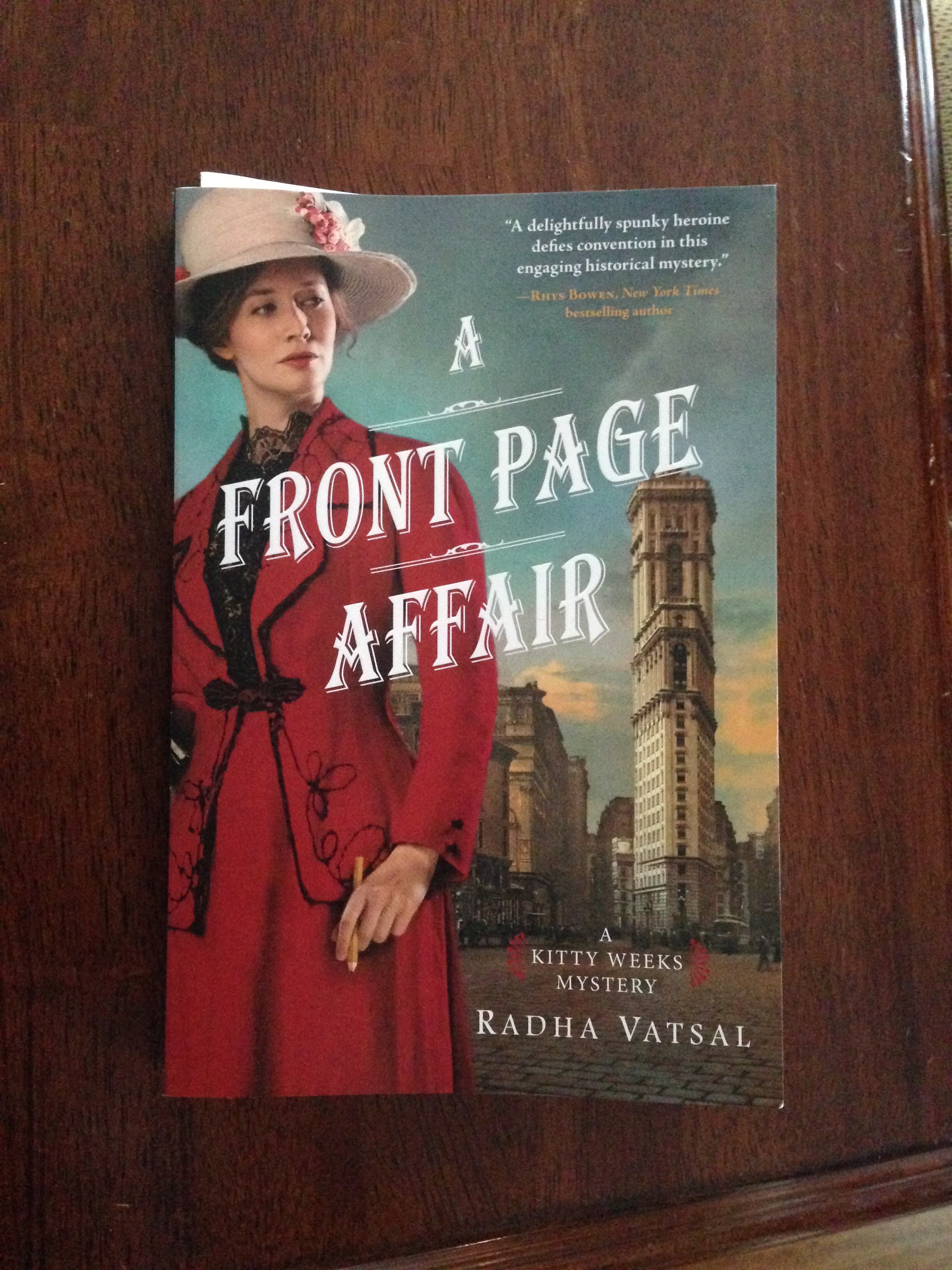Remember the post IN THE MUSEUM: A JFK AUTOGRAPH MYSTERY? Well, the video produced out of that work is now live, and apparently has been for a while, but I missed it.
Anyway, the gist of the video: A very young, not yet famous John F. Kennedy signed a copy of his book Why England Slept to Father Edward J. Flanagan, founder of Boys Town. We’re not sure when/ how/ where that happened, but it did. I do have a photo of a very young JFK signing a copy of this book to Spencer Tracy dressed as a priest on a movie shoot. Given the timing, Tracy could have been in the middle of shooting the sequel to the movie Boys Town, Men of Boys Town. Maybe, Spencer had JFK sign a copy to Fr. Flanagan. No word from the Tracy estate that he had a signed copy too. Fr. Flanagan was out to California for some shooting at different times, but we don’t know for sure when, so he may be just out of shot on this too. Who knows.
So, this video was a lot of fun to work on with our in-house writers, videographers, and editing people. Our organization is pretty big and focused on child care, so getting to use these amazing resources toward history and the museum, in particular, was a real treat.
About the Author: Benjamin L. Clark writes and works as a museum curator.
WHY NOT SUBSCRIBE TO MY NEWSLETTER?
More About Working In Museums:
VHS is Dead
How to Research History Like a Novelist




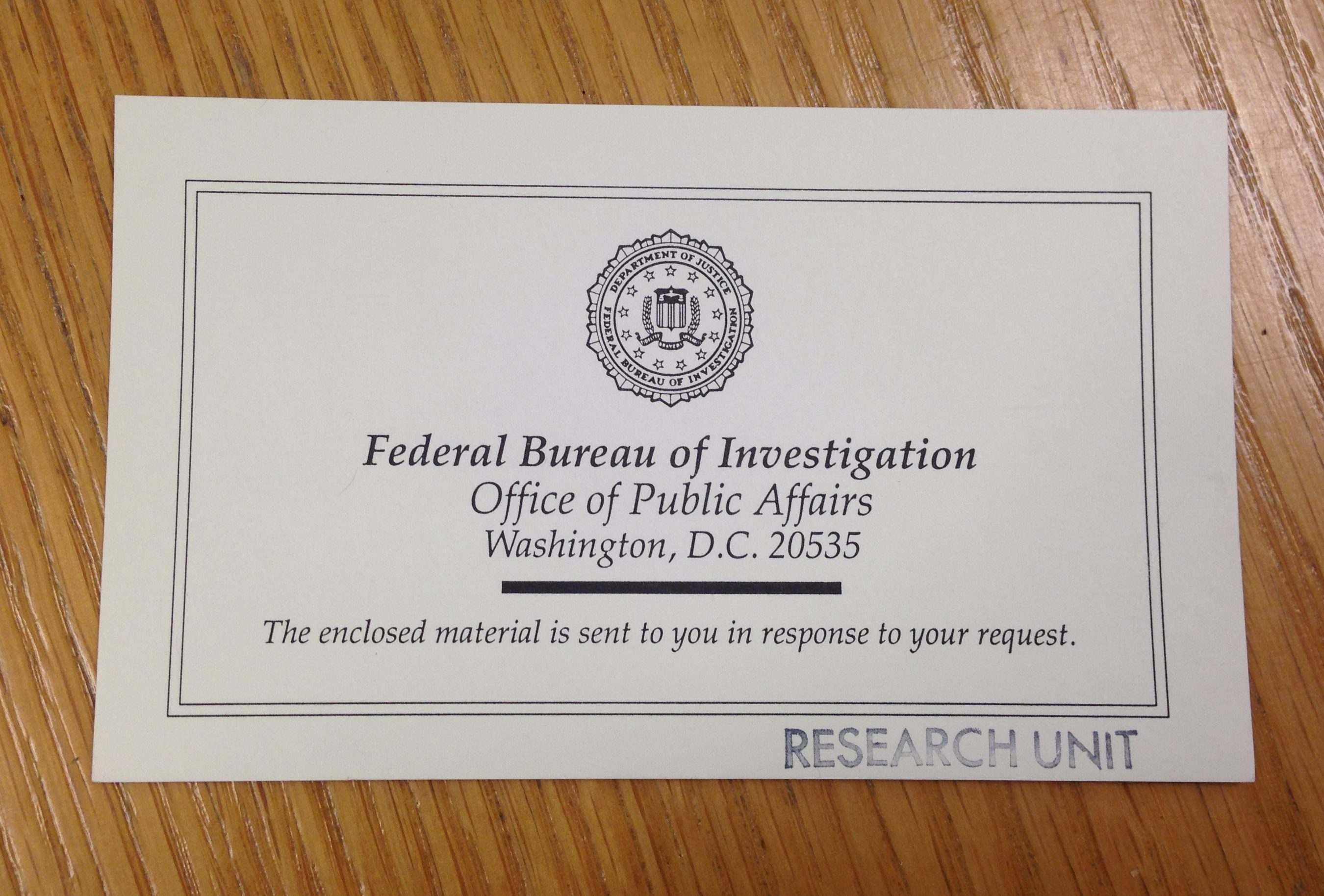
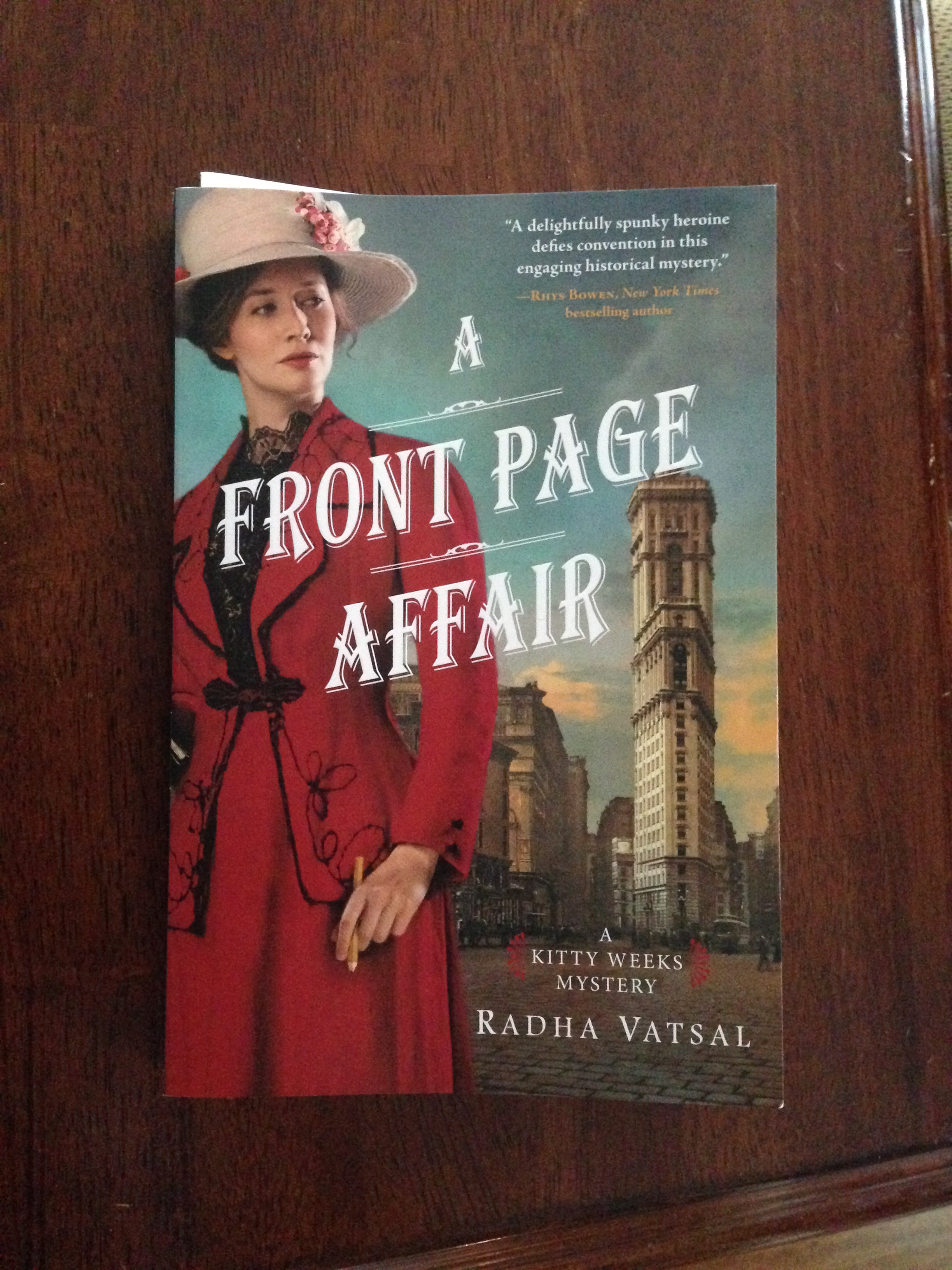 No, you did not. UNLESS your name is Linda F. and your AOL email address starts with JDC. Thank you, Linda and everyone else that entered to win A Front Page Affair.
No, you did not. UNLESS your name is Linda F. and your AOL email address starts with JDC. Thank you, Linda and everyone else that entered to win A Front Page Affair.
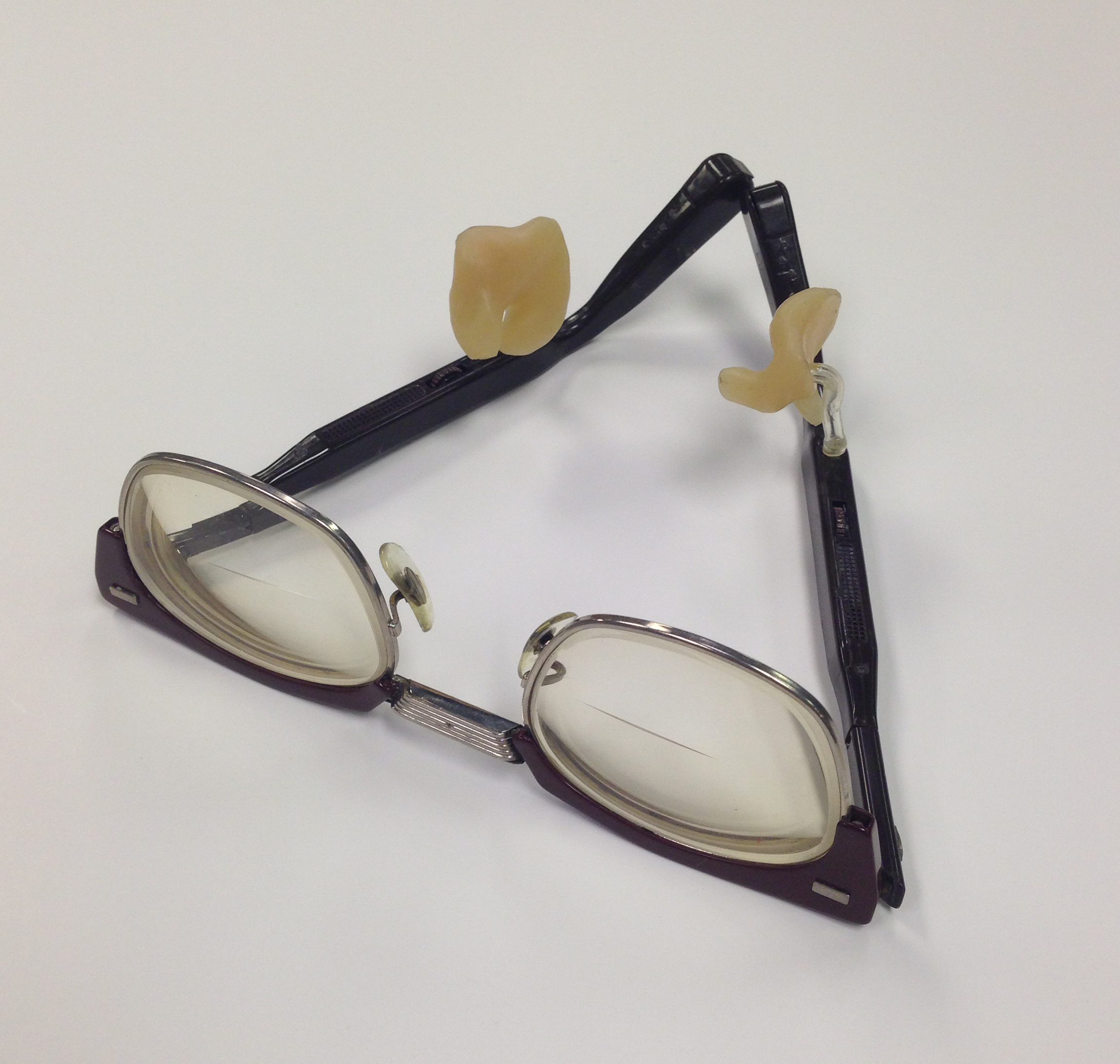 Not every day in the museum involves
Not every day in the museum involves 
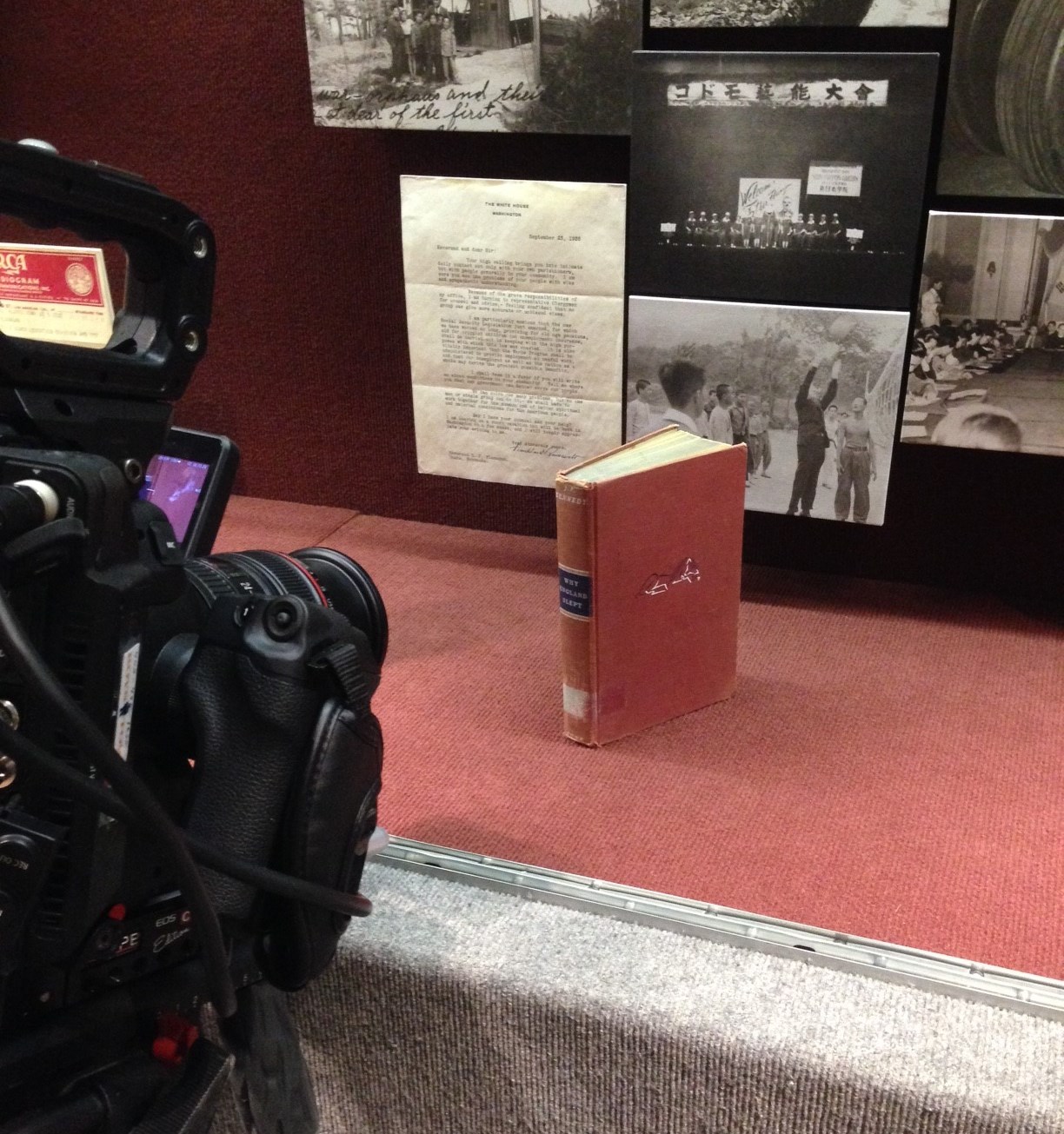 “That’s it?!”
“That’s it?!”
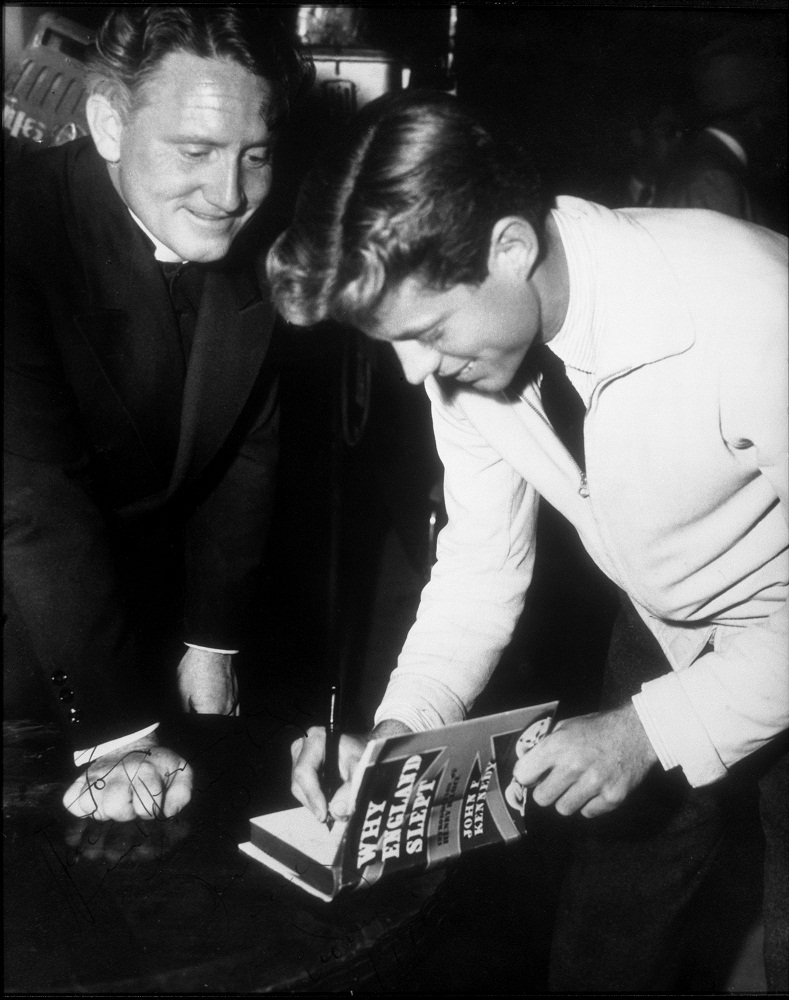 It makes sense if this was on the set of Men of Boys Town with Tracy reprising his role as Father Flanagan. Did young Jack Kennedy sign a copy for Father at the same time as Tracy’s? Someone on staff asked if JFK made it out to Father Flanagan, giving it to Tracy!
It makes sense if this was on the set of Men of Boys Town with Tracy reprising his role as Father Flanagan. Did young Jack Kennedy sign a copy for Father at the same time as Tracy’s? Someone on staff asked if JFK made it out to Father Flanagan, giving it to Tracy!
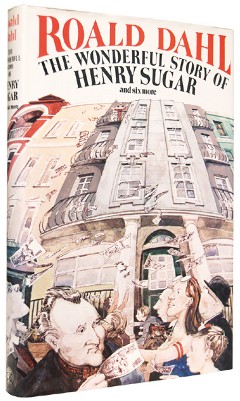
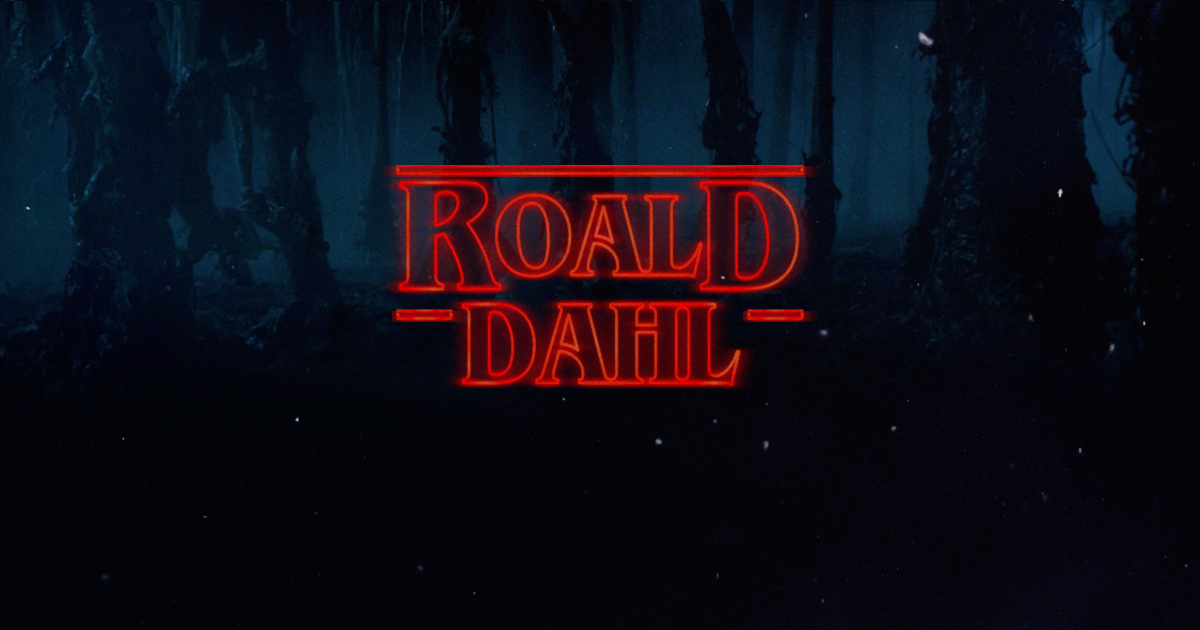

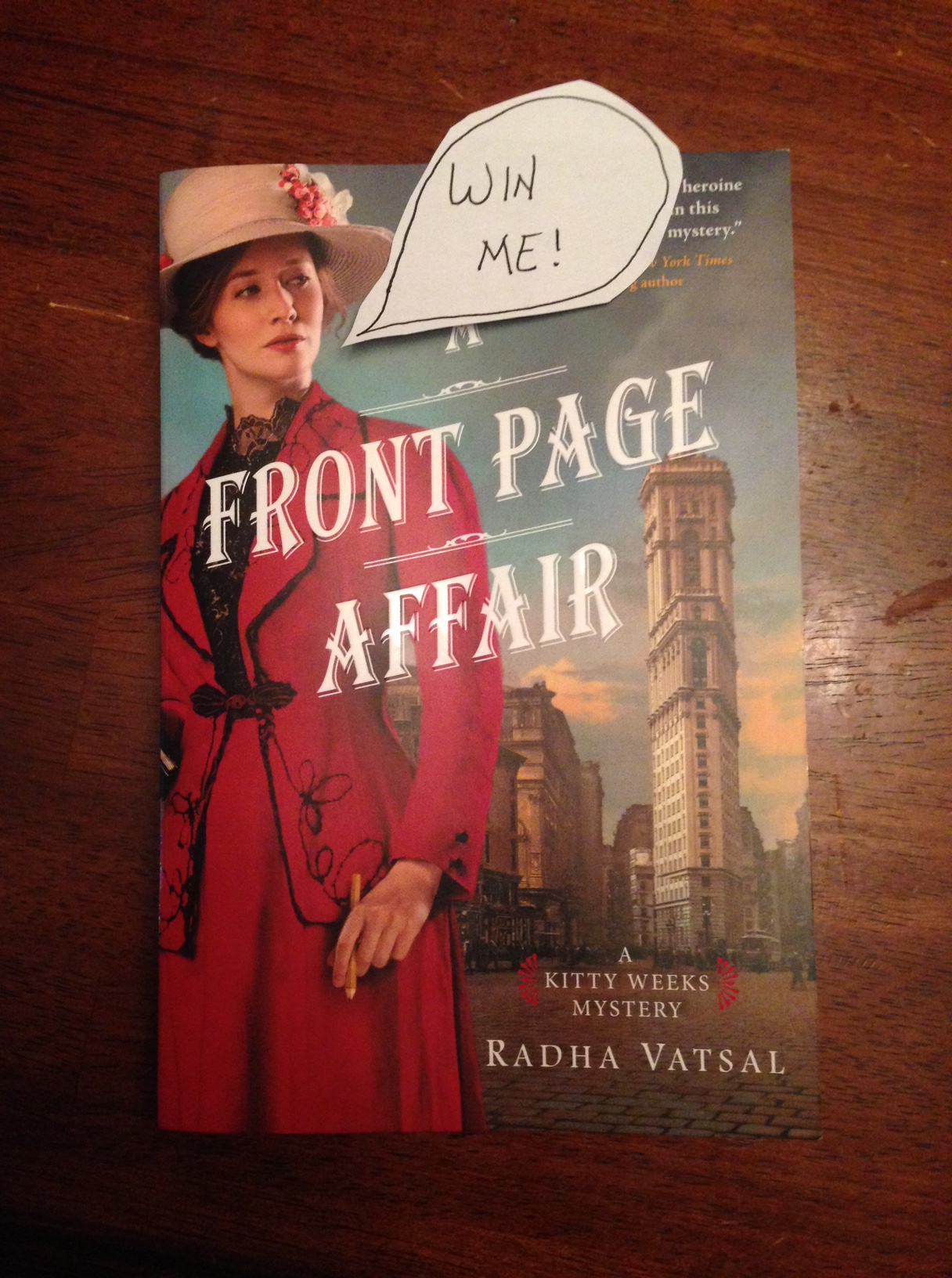 Sign up for my mailing list NOW thru September 30. I’ll announce a winner on October 1.
Sign up for my mailing list NOW thru September 30. I’ll announce a winner on October 1.
